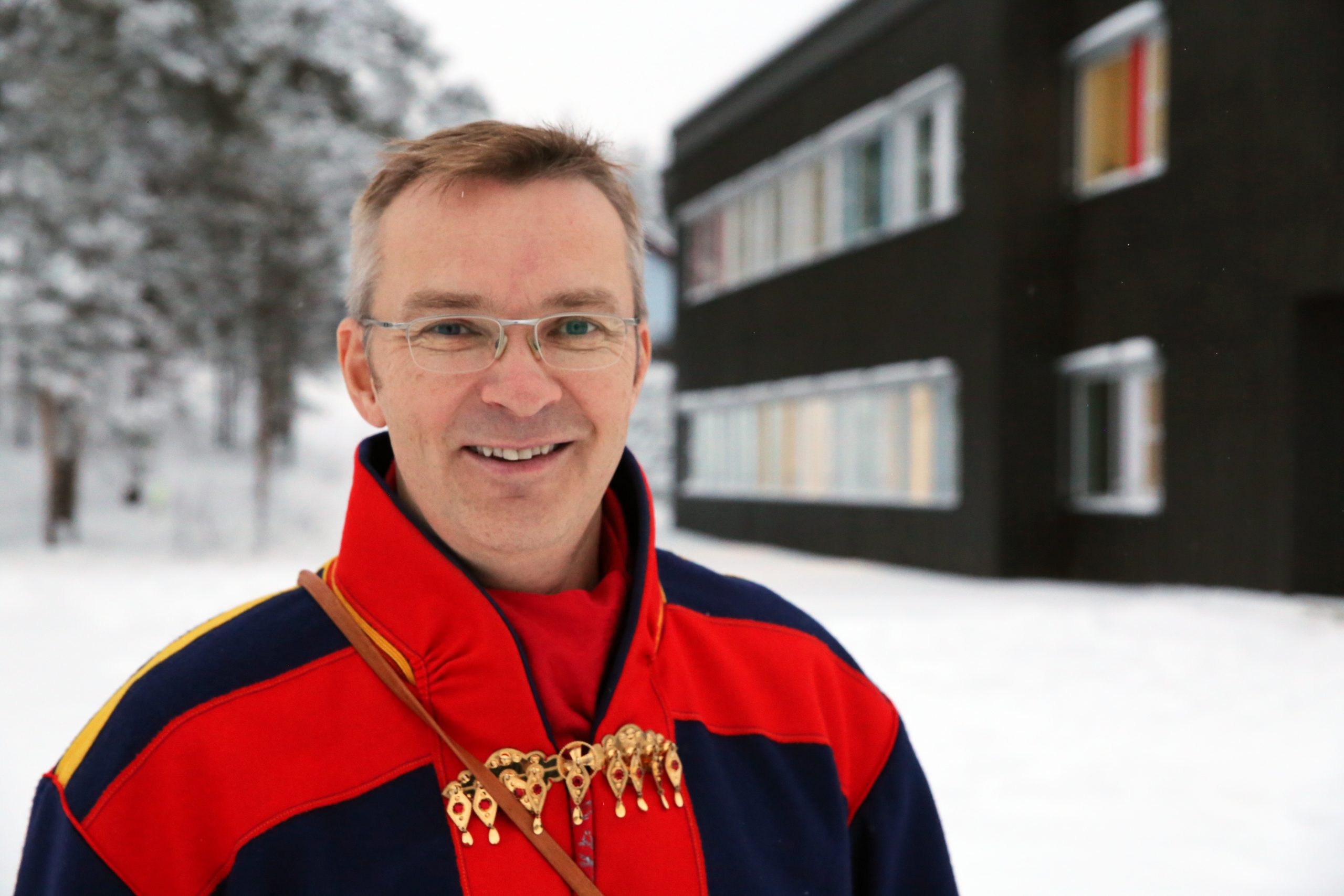Indigenous peoples and legally certain dementia assessment
Dementia, Public health
8 Mar 2021
An incorrect diagnosis in a dementia examination may mean that an individual misses out on the medication and treatment to which they are entitled. They may even lose their driving license. This has happened to Sami people due to a lack of understanding by doctors and other healthcare professionals regarding their patient’s race and culture. “Ultimately, this is a matter of legal certainty. While a dementia examination of a Sami person consists of the same elements as an examination of other patient groups, there is usually a need for adaptations to ensure a proper assessment,” says Amund Peder Teigmo.

Amund Peder Teigmo is director of the Sami Clinic, Sámi klinihkka, at Finnmark Hospital in Karasjok, northern Norway. Since just over a year ago, the clinic has been offering specialised services to the Sami population in both somatic and mental healthcare, as well as addiction. Although the services are offered to the entire population, healthcare staff have specialised expertise in Sami languages and culture.
During the webinar Indigenous People and Dementia Assessment, which will be held on 21 April, Amund Peder Teigmo will be discussing the work of the Sámi Clinic in general and dementia examinations of Sami individuals in particular on the theme Scales, tools and cultural components in dementia assessment.
Cultural iceberg
So, what does it mean to have specialised expertise in Sami languages and culture, and why is it important?
In the publication Utvidet demensutredning – En håndbok [Extended Dementia Examination: A Handbook], in his chapter on dementia assessments of Sami people, Amund Peder Teigmo notes in the introduction:
There is no definitive definition of who is considered to be Sami. The term Sami is generally used to describe people who perceive themselves as Sami, and who either have Sami as their mother tongue or have parents, grandparents or great grandparents with Sami as their mother tongue.
“You can’t see who is Sami, there are no external characteristics. It’s the top of the iceberg,” he says.
The submerged and largest part of this cultural iceberg consists of many things, such as other metaphors, another body language, different gender roles, sense of humour, values and view of health and medicine.
“A Sami ‘is sick’ while a Norwegian or Swedish patient ‘has an illness’. This naturally influences how one treats the illness, whether one considers it worth taking medication, for example,” explains Amund Peder Teigmo.
Translation a matter of legal certainty
The standard for dementia examinations consists of various types of test batteries. For Amund Peder Teigmo’s Sami patients, this requires both being able to read and write in Swedish or Norwegian and being able to put themselves in the place of a Norwegian or Swedish person.
“So, the test battery doesn’t suit my Sami patients and this means that they give the ‘wrong’ answers. Some of them have lost their driving license due to this, while others have not received the medication and treatment to which they are entitled,” he says.
The Sami Clinic has translated the test battery into one Sami language, with others on the way. In this context, translation is not limited to the purely linguistic; it also requires that the assessment material be adapted to a Sami context. This test is also validated.
“In practice, this means that we are safeguarding legal certainty for these patients. I even know of cases in which someone has had their driving license returned after a more accurate assessment,” says Amund Peder Teigmo.
The Sami Clinic at Finnmark Hospital accepts Norwegian and Sami patients and has agreements with the Swedish regions of Jämtland and Härjedalen. Agreements are being negotiated with other Swedish regions, Norrbotten, Västerbotten and Dalarna, but these will apply to Sami patients with mental health and addiction problems.
Another contributor to the webinar will be Eleonor Blind, a general practitioner working at Jokkmokk Health Centre in Sápmi, who will be presenting the lecture The need for cultural understanding and resources in dementia assessment.

